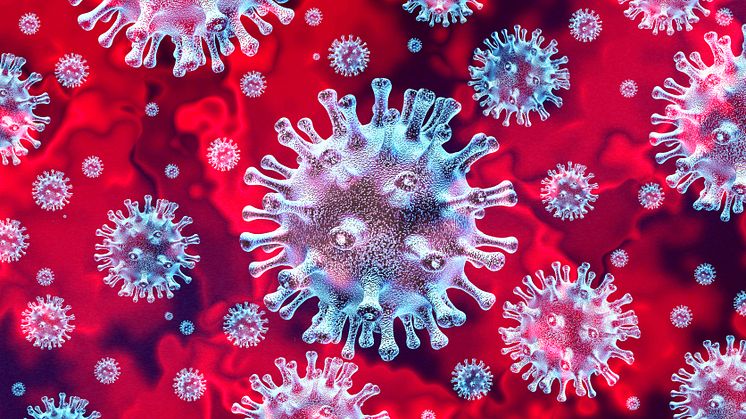CTT Systems is the market leading provider of humidity control products in aircraft, including Moisture Control Systems to prevent fuselage condensation, and inflight humidifiers – Humidifier On-board – for crew and passenger well-being.
Humidifer Onboard is improving wellbeing and wellness in flight deck and crew rests on more than 1,000 widebody commercial airliners and more than 100 VIP aircraft. This highly appreciated climate feature has started to migrate to the premium passenger cabin and large-cabin, long-range business jets.
The weight cutting Anti-Fuselage-Condensation system is a green technology and the only measure that tackles the root-cause of condensation – reducing fuel consumption and cutting CO₂ emissions.
All products are available for retrofit installations and line-fit on Airbus A380, A350, Boeing 787 and 777X. The crew humidifier is standard equipment in a crew rest compartment on Boeing 787 and standalone option in the crew rest compartment on A380, A350XWB and B777X. The flight deck humidifier is SFE listed on Airbus A350XWB, Boeing 787 and Boeing 777X. Inflight Humidification (IFH) – Humidifier On-board – is SFE listed for First/Business Class on A350XWB (Zone 1-3) and Boeing 777X (Zone 1 and 2). The Anti-Fuselage-Condensation system is SFE listed on A350 and is SFE-selected for the A320 Family.
Also visit: www.ctt.se






